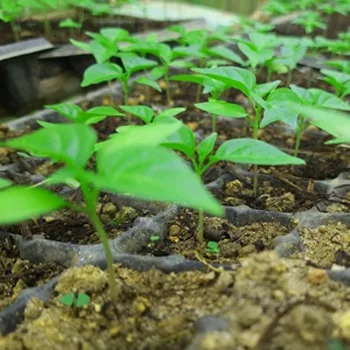
Step into the World of Ceylon tea – Live Organic
Welcome to Acril Ceylon Tea, the ultimate haven for tea enthusiasts and wholesale tea buyers. Further, our products hold prestigious certifications from the USDA, EU, and JAS, guaranteeing their 100% organic nature. Moreover, discover the exquisite flavors and benefits of Ceylon tea from Acril. Embrace a health-conscious, eco-friendly lifestyle.

100% Natural and Fresh
All of our products, including Ceylon tea, cinnamon, vanilla beans, and other spices, are ethically sourced from our own estates. In addition, we work closely with local communities to support fair trade and ethical labor practices.
Best Quality Ceylon Tea, Cinnamon, Vanilla Beans + Spices
In Sri Lanka, we take pride in producing Ceylon tea, cinnamon, vanilla beans, and spices. As the leading manufacturer under the Acril Tea brand, we provide top-quality products at affordable prices. Further, we are passionate about manufacturing and supplying high-quality pure Ceylon tea, authentic cinnamon, vanilla beans, and exquisite spices. Furthermore, when collaborating with Acril, please share your product needs and packaging preferences with us. We will provide our best wholesale prices. Also, we invite you to try our samples and select us as your preferred supplier.
Get the best price now! +94 72 825 1384
Ceylon Cinnamon Sri Lanka
We want you to be confident in the quality of Ceylon cinnamon you purchase. Therefore, we guarantee the best cinnamon at the best price in Sri Lanka.
Pure Ceylon Tea
We produce an extraordinary variety of pure Ceylon tea, each with unique characteristics and taste profiles. Therefore, you can choose the best-quality tea grades for your needs. Moreover, we are delighted to provide you with the best wholesale price for your order
Vanilla beans Sri Lanka
We use traditional sun-drying and hand-curing methods to produce the best-quality vanilla beans. Furthermore, our top priorities are a rich fragrance, a highly complex flavor, a creamy taste, and freshness-sealed packaging.
Buy Garden Fresh Spices
We are your one-stop shop for purchasing high-quality spices at the best prices. Therefore, you can buy black pepper, cloves, ginger, nutmeg, ginger, and many more.
Contact us now to explore our extensive inventory: +94728251384
Let’s spice it up together!
Discover Ceylon Tea and Our Premium Packaging Solutions
Acril Tea provides a wide range of packaging options. Further, whether you need bulk or private labeling, our range includes paper bags, boxes, pouches, and tin containers.
In addition, we use high-quality materials to ensure that your products remain fresh and protected. Also, with our customizable options, you can create a unique and memorable package for your product. So, It will distinguish your brand from others in the market. Don’t hesitate any longer. Trust us to bring your brand to the next level with our top-quality packaging solutions.
Furthermore, all our bulk organic tea and spice ingredients are directly from Sri Lanka. Trusted by the world’s leading brands, ACRIL guarantees that you will promptly receive only the finest products and ingredients. Your satisfaction and the quality of your spice and tea experience are at the heart of what we do.
So, place your order today and experience the difference in quality and presentation.
Wholesale Ceylon tea and other products from ACRIL
We strive to offer superior-quality tea, Ceylon cinnamon, vanilla beans, and others with trust and transparency. Our ever-expanding inventory features a full range.
As an established wholesale company, we have all the teas and spices you need at wholesale prices. Also, we know how important it is to try our products before you buy them. Therefore, we would like to request that you try our products free of charge.

